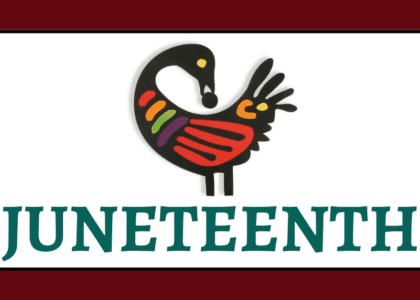By Guy Sayles
This reflection isn’t really a review of Taking on the Cross; it’s an appreciation and an encouragement.
I greatly appreciate this book.
I’m grateful that its essays, interviews, reports, and liturgies reflect both breadth and depth in their descriptions of an array of encounters with, and responses to, the cross and to Jesus who died on it.
I’m thankful that so many diverse and prophetic voices speak in the book’s pages and that some of those voices belong to people who are too-seldom heard by people like me (white, male, straight, cisgendered, middle class, and retired pastor of whatever a moderate church is).
I’ve often heard it said that “the ground under the cross is level,” a phrase meant to emphasize the equality of all who stand there. That affirmation of equality hasn’t kept some (of us) from thinking of ourselves as central to the equal. One of many things that I value about this book is its recognition that to come to terms with the cross in greater fullness “we” need to center the experiences and perspectives of those people who have been pushed to the margins.
The book resonated with me as an invitation to a feast of ideas, testimonies, imaginings, metaphors, and wonderments. I made notes, not just of what I read in its pages, but of what the authors were reading, so I could explore further. The feast the book offered made me want to be a better guest and host.
I encourage you to spend time with this book, time pondering, questioning, affirming, and letting what you learn prompt your own perspectives on what it means to “take on the cross.” As Amy Mears and John Ballenger say in the introduction: “What shall we do with the cross? . . . That literally is the crux of the matter.”
An overarching theme of the book is how to understand and experience the cross without the damage done by theories of substitutionary atonement. Just as Isaiah envisioned that, one day, people would “beat their swords into plowshares, and their spears into pruning hooks,” these authors dream of a cross which isn’t only and always an instrument of oppression, capital death, and innocent suffering. But is, instead, an image and implement of healing, justice, reconciliation, and life in all its fullness.
It’s a worthy and inspiring dream.




Recent Comments